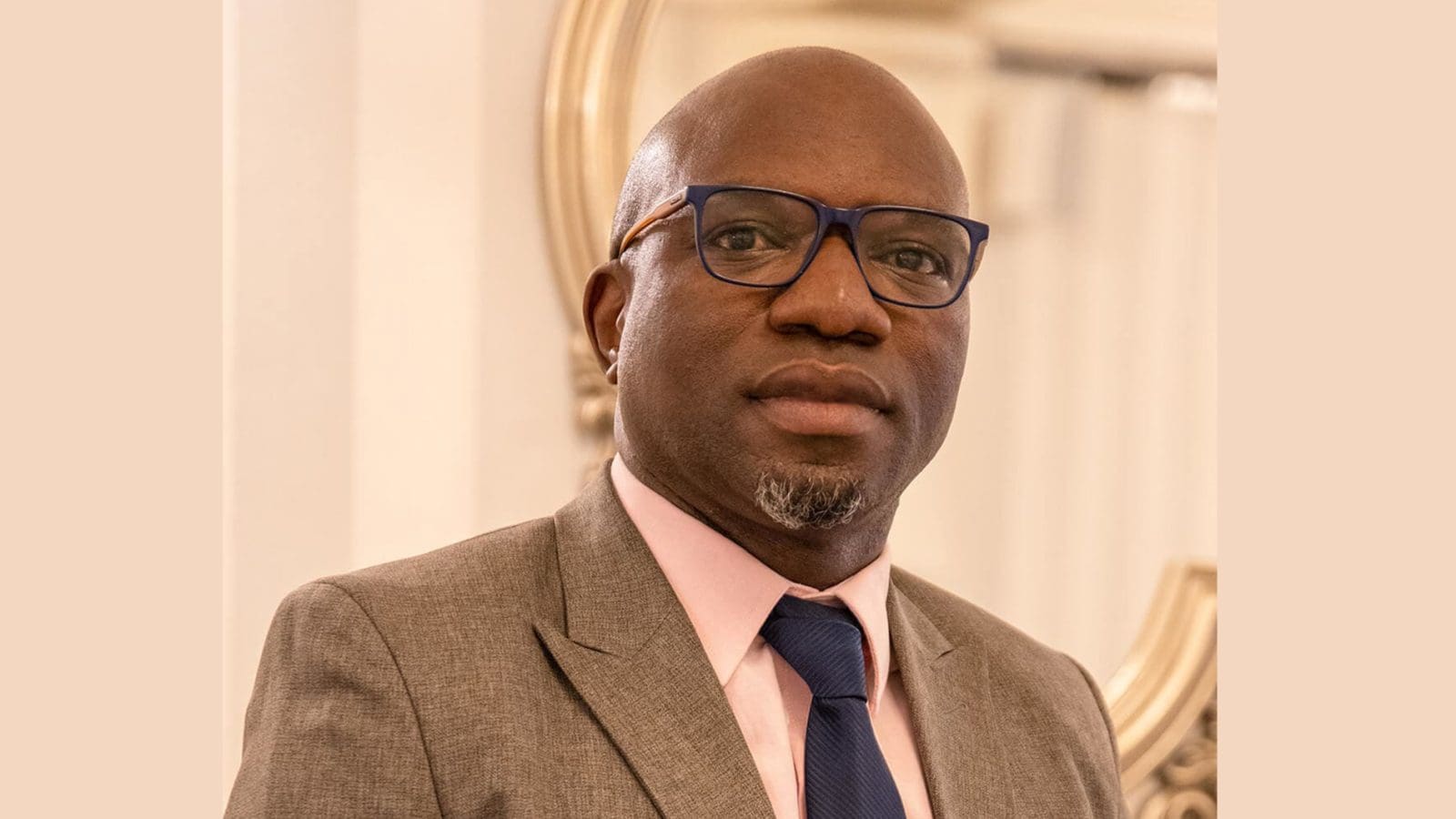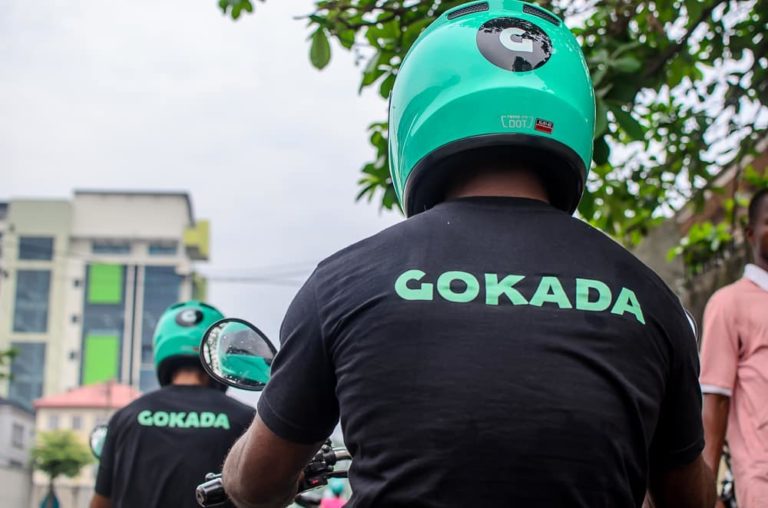In the year 2022, the tech ecosystem was on the ascendancy which many considered to be immune from the economic downturn. However as the macroeconomic factors began to intensify, the tech sector was greatly impacted which saw funding slowdowns, layoffs, etc.
In response to the economic downturn, 1013 tech firms laid off 153,160 in 2022, 59.57 percent more than the 95,991 that had been laid off since the onset of covid-19 before 2022.
Giant tech firms were also not left out as companies such as Meta, Amazon, Twitter, etc, all laid off a significant amount of their workforce. Also, some Nigerian firms were not isolated as firms such as Kuda and 54gene, were forced to downsize their workforce in other to navigate the economic downturn.
According to experts, while 2020 and 2021 were a season of plenty in the tech ecosystem, 2022 was the beginning of a drought season.
Meanwhile, despite the macroeconomic factors that ravaged the tech industry, some Nigerian tech startups sealed landmark deals in 2022, as some of these firms maintained a growth trajectory.
It is interesting to note that in Africa, even though the continent witnessed slow funding, Nigeria maintained the lead in terms of numbers
Here is a list of the top ten (10) landmark deals sealed in 2022 by Nigerian startups
10.) Credpal ($15 Million)
Nigerian Buy Now Pay Later (BNPL) Tech startup Credpal, that allows consumers to buy anything and pay for it in installments across online and offline merchants by providing them with access to credit at the point of check out, closed a bridge round of $15 million in equity and debt, the latter constituting a very large chunk of the financing — to expand its consumer credit offerings across Africa.
As one of the foremost providers of BNPL services on the continent, the seed round appears somewhat impressive, knowing how early the sector is in Nigeria and most of Africa.
9.) Bamboo ($15 Million)
Digital investment platform that provides real-time access to buy, hold, or sell stocks, Bamboo, raised a US$15 million Series A funding round to accelerate its growth, as well as move into new markets and launch more products.
With the funds raised, the startup revealed plans to further accelerate its growth, doubling down on unlocking new markets and launching more products.
8.) Umba ($15 million)
African digital bank, offering free bank accounts and financial services to customers Umba, raised $15 million in Series A funding in April.
The startup revealed that the new funding will allow it to test out, as it prepares to launch in new markets, including Egypt, Ghana, and Kenya, where mobile money is prominent.
The firm also disclosed making some expansions product-wise rolling out debit cards, savings accounts, and stock trading.
7.) Omnibiz ($15 million)
B2B e-commerce platform for FMCG manufacturers, distributors, and retailers, that supports local businesses and helps them navigate the modern market, Ominibiz, secured a $15 million pre-Series A investment led by Timon Capital, to begin further regional expansion.
Omnibiz seeks to become the primary B2B operating system for informal retailers, by helping with last-mile delivery, procurement, working capital, inventory management, and operational tools for tracking sales, cost, prices, and profit.
6.) Vendease ($30 million)
Online marketplace that allows restaurants and other food businesses to buy supplies straight from manufacturers and farms, Vendease, raised $30 million in an equity and debt funding round to consolidate its growth and operations in Nigeria and Ghana, and to support its expansion across the continent.
Present in 8 cities across Nigeria and Ghana, Vendease makes bulk-buy deals with food suppliers, warehouses the food, and guarantees delivery within a day for food supplies at considerably cheaper prices for restaurants.
Over the last 12 months, the startup has moved more than 400,000 metric tonnes of food through its platform, helping its users save more than $2,000,000 in procurement costs and more than 10,000 procurement man-hours.
5.) Reliance Health ($40 Million)
Nigerian startup that uses technology to make quality healthcare delightful, affordable, and accessible in emerging markets, Reliance health raised $40 million in a series B round.
Reliance Health has bundled both vital concepts so that users can get access to an integrated suite of healthcare products via subscriptions. Some of that healthcare is provided by Reliance Health directly — through its telemedicine platform, drug delivery system, and two clinics based in Lagos, Nigeria.
The six-year-old startup said it has averaged a 3.5x year-over-year revenue growth from 2016, disclosing that the new round of funding led by General Atlantic will fuel this continued growth.
4.) TeamApt ($50 million)
Financial technology company that develops digital banking and payment platform for financial transactions, TeamApt now known as moniepoint, raised more than $50 million in funding to expand its credit offerings.
The round was co-led by QED Investors and Novastar Ventures. Other investors, including Lightrock and BII, took part.
TeamApt has progressed from developing mobile apps for major commercial banks to serving customers and businesses through its agency banking platform (Moniepoint) and merchant solution (Monnify).
The fintech company operates one of Nigeria’s largest business payments and banking platforms, with a $100 billion annualized transaction value processed through its products Moniepoint and Monnify.
Moniepoint now serves 400,000 small and medium-sized businesses in Nigeria, providing them with various features.
3.) ThriveAgric ($56.4 Million)
Agricultural technology providing access to finance, premium markets, and data-driven advisory for smallholder farmers, ThriveAgric raised US$56.4 million in debt funding from local commercial banks and institutional investors to grow its 200,000-strong farmer base and expand into new African markets, including Ghana, Zambia, and Kenya.
Founded in 2017 and fully operational since 2018, ThriveAgric empowers farmers in Nigeria to sell their products to FMCGs and food processors, leveraging its proprietary technology to access finance as well as improve productivity and sales to promote food security.
2.) Moove ($181.8 Million)
African-born global mobility fintech that provides revenue-based vehicle financing and financial services to mobility, entrepreneurs across ride-hailing, logistics, mass transit, and instant delivery platforms Moove, raised the second highest amount of funding ($181.8 million) in 2022.
Moove launched in Europe for the first time when it launched a 100% EV rent-to-buy model in London. The company also launched in India and will launch 5,000 CNG and EVs across Mumbai, Hyderabad, and Bangalore in its first year to help create sustainable work opportunities in the developing economy.
Over the past two years, Moove claims its customers have completed over 11 million trips in Moove-financed vehicles, a feat, it claims, has been aided by its alternative credit scoring technology.
1.) Flutterwave ($250 Million)
Nigerian fintech company that provides a payment infrastructure for global merchants and payment service providers across the continent, Flutterwave raised $250 million in a Series D round that tripled the company’s valuation to over $3 billion in just twelve months.
At $3 billion, Flutterwave is currently the highest-valued African startup, surpassing the $2 billion valuation set by SoftBank-backed biotech Opay and FTX-backed cross-border payments platform Chipper Cash last year.

 Billionaire Watch3 weeks ago
Billionaire Watch3 weeks ago
 Startups4 weeks ago
Startups4 weeks ago
 News4 weeks ago
News4 weeks ago
 News4 weeks ago
News4 weeks ago
 Bitcoin4 weeks ago
Bitcoin4 weeks ago
 Naira4 weeks ago
Naira4 weeks ago
 Forex3 weeks ago
Forex3 weeks ago
 Treasury Bills4 weeks ago
Treasury Bills4 weeks ago





















